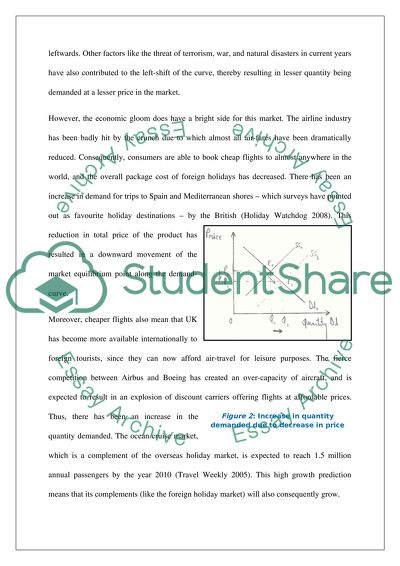Cite this document
(The UK Foreign Holiday Market Case Study Example | Topics and Well Written Essays - 1500 words, n.d.)
The UK Foreign Holiday Market Case Study Example | Topics and Well Written Essays - 1500 words. Retrieved from https://studentshare.org/marketing/1534308-uk-foreign-holiday-market
The UK Foreign Holiday Market Case Study Example | Topics and Well Written Essays - 1500 words. Retrieved from https://studentshare.org/marketing/1534308-uk-foreign-holiday-market
(The UK Foreign Holiday Market Case Study Example | Topics and Well Written Essays - 1500 Words)
The UK Foreign Holiday Market Case Study Example | Topics and Well Written Essays - 1500 Words. https://studentshare.org/marketing/1534308-uk-foreign-holiday-market.
The UK Foreign Holiday Market Case Study Example | Topics and Well Written Essays - 1500 Words. https://studentshare.org/marketing/1534308-uk-foreign-holiday-market.
“The UK Foreign Holiday Market Case Study Example | Topics and Well Written Essays - 1500 Words”, n.d. https://studentshare.org/marketing/1534308-uk-foreign-holiday-market.


